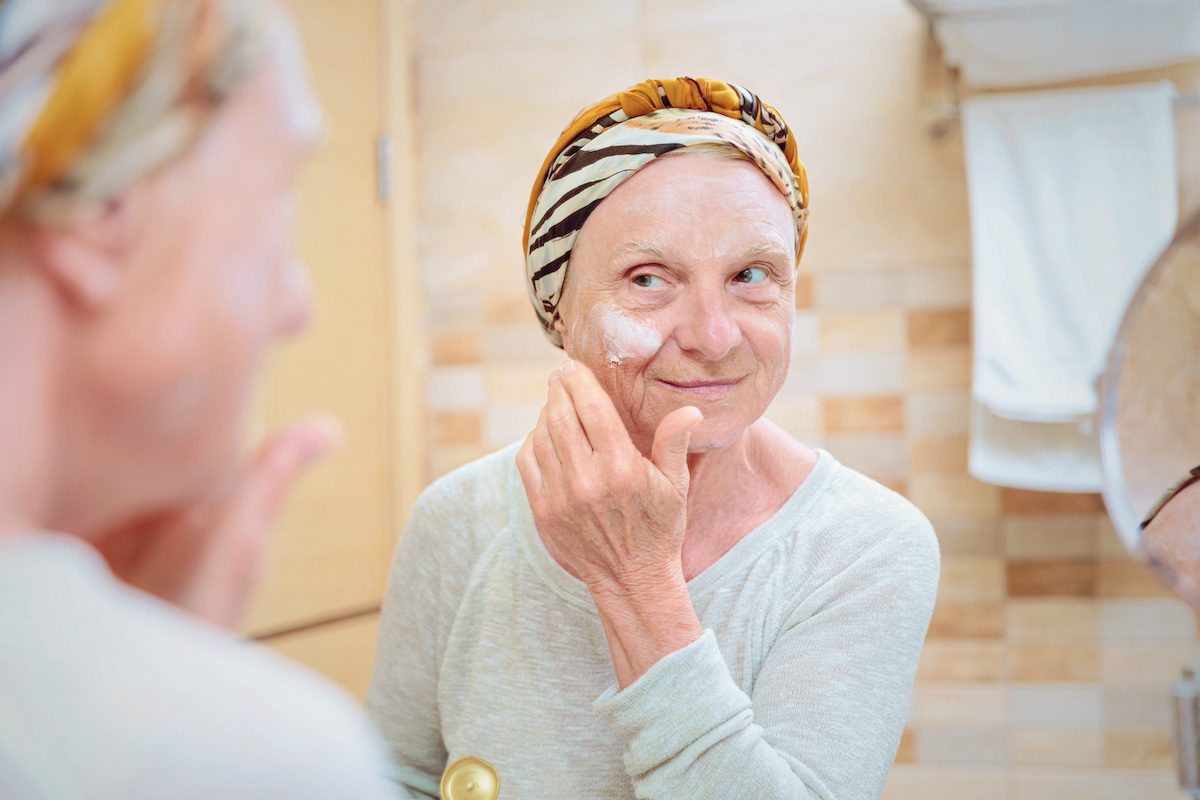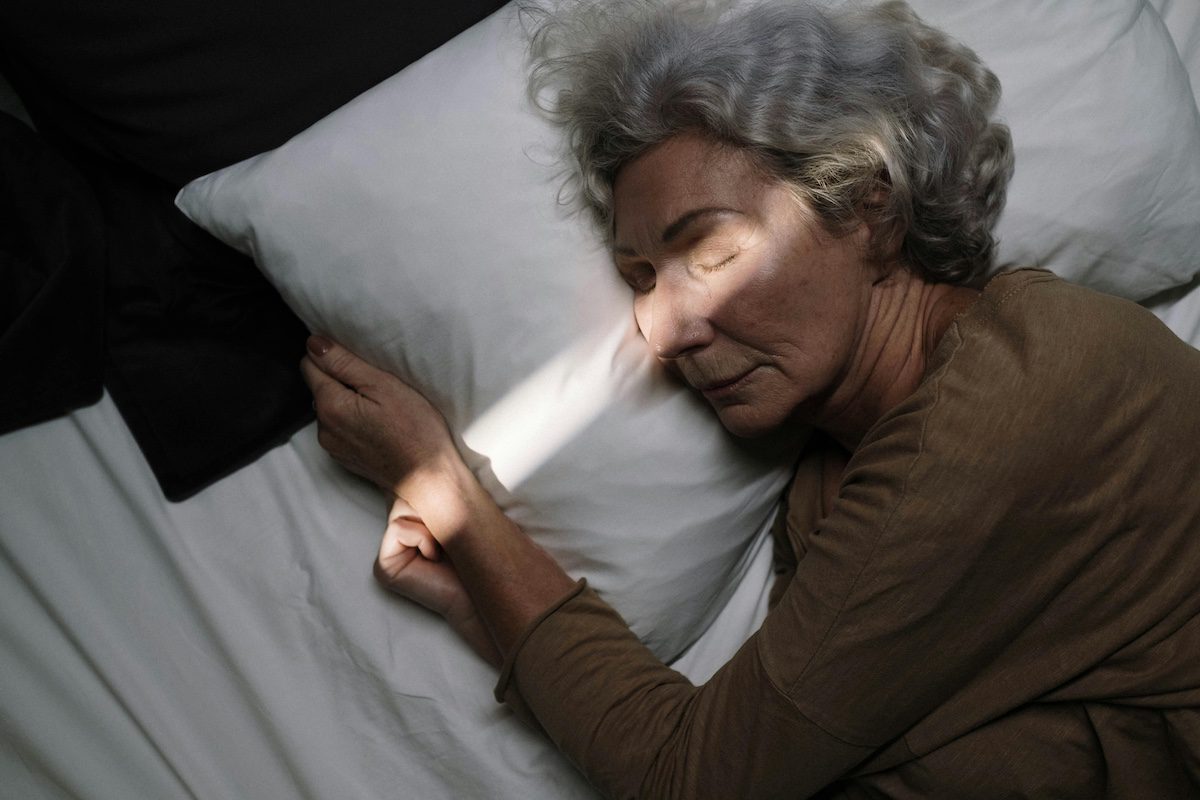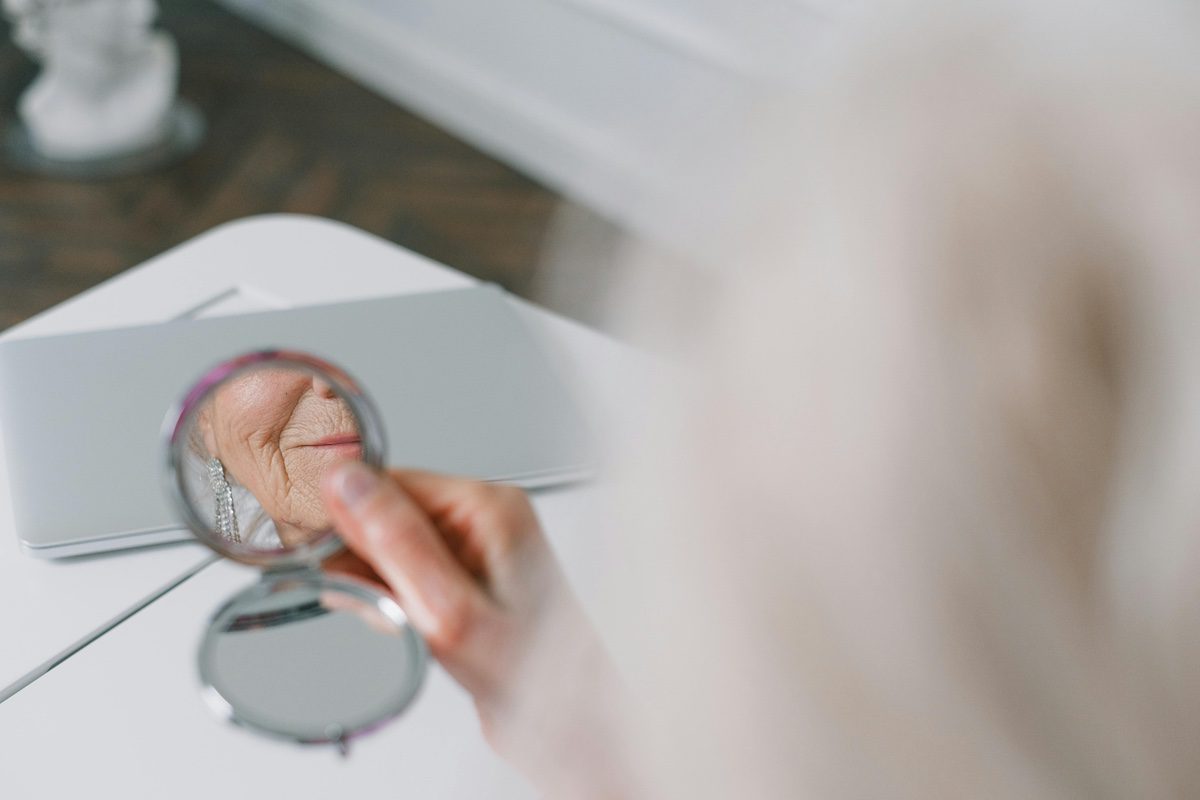As we age, our skin undergoes a variety of changes. It becomes thinner, less elastic, and more prone to dryness and damage. For older adults, maintaining healthy skin is crucial not only for appearance but also for overall well-being.
Proper skin care can prevent common issues like dryness, itching, and infections, and promote comfort and confidence. Here are some essential tips for maintaining healthy skin as you age.
1. Hydration is Key
One of the most important aspects of skin care for older adults is staying hydrated. As we age, our skin loses its ability to retain moisture, leading to dryness and flakiness. Drinking plenty of water throughout the day helps keep your skin hydrated from the inside out.
Aim for at least eight glasses of water a day, and increase your intake if you’re active or live in a dry climate.
2. Use Gentle Cleansers
Harsh soaps and cleansers can strip the skin of its natural oils, exacerbating dryness and irritation. Opt for gentle, fragrance-free cleansers that are designed for sensitive skin.
When washing your face and body, use lukewarm water instead of hot water, as hot water can further dry out your skin. Pat your skin dry with a soft towel rather than rubbing it to avoid irritation.
3. Moisturize Regularly
Regular moisturizing is essential for maintaining healthy skin. Choose a rich, hydrating moisturizer that suits your skin type and apply it at least twice a day, particularly after bathing when your skin is still damp.
Look for products containing ingredients like hyaluronic acid, glycerin, and ceramides, which help to lock in moisture and strengthen the skin barrier.
4. Protect Your Skin from the Sun
Sun damage is one of the leading causes of premature aging and skin issues. Older adults should be particularly vigilant about sun protection, as years of accumulated sun exposure can take a toll on the skin.
Always apply broad-spectrum sunscreen with an SPF of at least 30 to all exposed areas of skin, even on cloudy days. Wear protective clothing, such as long-sleeved shirts and wide-brimmed hats, and seek shade whenever possible.
5. Eat a Balanced Diet
A healthy diet plays a significant role in maintaining skin health. Foods rich in antioxidants, such as fruits and vegetables, can help protect the skin from damage caused by free radicals.
Omega-3 fatty acids found in fish, flaxseeds, and walnuts can help keep the skin supple and moisturized. Additionally, vitamins A, C, and E are crucial for skin repair and regeneration.
6. Stay Physically Active
Regular physical activity promotes healthy circulation, which is essential for maintaining skin health. Exercise helps deliver oxygen and nutrients to the skin, promoting a healthy glow and aiding in the repair of damaged skin cells.
Aim for at least 30 minutes of moderate exercise most days of the week, such as walking, swimming, or yoga.
7. Get Adequate Sleep
Quality sleep is vital for overall health, including skin health. During sleep, the body undergoes repair and regeneration processes, including the skin.
Aim for 7-9 hours of sleep per night to give your skin the time it needs to heal and renew. Establish a regular sleep routine and create a restful environment to promote better sleep quality.
8. Avoid Smoking and Limit Alcohol
Smoking and excessive alcohol consumption can have detrimental effects on the skin. Smoking reduces blood flow to the skin, depriving it of oxygen and essential nutrients, and accelerates the breakdown of collagen and elastin, leading to wrinkles and sagging skin.
Alcohol dehydrates the skin and can cause inflammation and redness. Quitting smoking and limiting alcohol intake can significantly improve skin health.
9. Manage Stress
Chronic stress can take a toll on your skin, leading to issues like acne, eczema, and psoriasis. Finding effective ways to manage stress is essential for maintaining healthy skin. Practice relaxation techniques such as deep breathing, meditation, or yoga.
Engage in activities you enjoy and ensure you have a strong support system to help you cope with stress.
10. Regular Skin Examinations
Regular skin examinations are crucial for detecting any changes or abnormalities early. Older adults are at a higher risk for skin cancer, so it’s essential to monitor your skin for any new growths, moles, or changes in existing moles.
Schedule annual skin checks with a dermatologist, and don’t hesitate to seek medical advice if you notice anything unusual.
11. Be Mindful of Medications
Certain medications can have side effects that affect the skin, such as dryness, rashes, or increased sensitivity to the sun. If you’re taking medications, be aware of these potential side effects and take steps to mitigate them.
Talk to your doctor about any skin-related side effects you experience and ask for recommendations on how to manage them.
12. Consider Professional Treatments
For more advanced skin concerns, consider seeking professional treatments from a dermatologist or esthetician. Treatments such as microdermabrasion, chemical peels, or laser therapy can address issues like hyperpigmentation, fine lines, and uneven skin texture.
Always consult with a professional to determine the most appropriate treatments for your skin type and concerns.
13. Use Skin-Friendly Fabrics
The type of fabric you wear can also impact your skin health. Choose soft, breathable fabrics like cotton that are gentle on the skin and allow it to breathe.
Avoid rough or synthetic materials that can cause irritation or chafing. Additionally, wash your clothes with hypoallergenic detergents to reduce the risk of skin irritation.
14. Avoid Long, Hot Showers
While long, hot showers might feel relaxing, they can strip the skin of its natural oils and lead to dryness. Opt for shorter, lukewarm showers instead. After showering, apply a moisturizer to lock in moisture and keep your skin hydrated.
15. Keep the Air Moist
Dry indoor air can contribute to skin dryness and irritation. Use a humidifier in your home, especially during the winter months, to maintain an optimal level of humidity and prevent your skin from drying out. Aim for a humidity level between 30-50% for the best results.
Final Thoughts
Maintaining healthy skin as you age requires a combination of good habits, proper skincare, and lifestyle choices. By staying hydrated, protecting your skin from the sun, eating a balanced diet, and following a consistent skincare routine, you can keep your skin looking and feeling its best.
Regular exercise, adequate sleep, and stress management are also crucial for overall skin health. Remember, your skin is a reflection of your overall health, so taking care of your body will ultimately benefit your skin.



